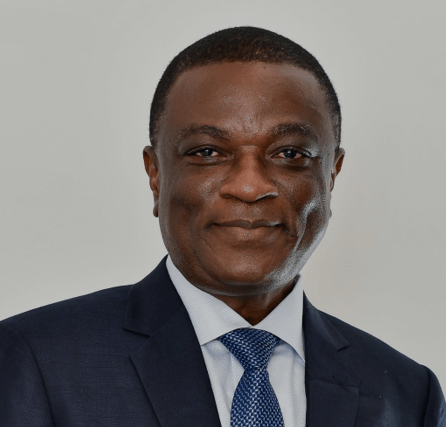To boost the capacity and contribute to sustainable agricultural development, Growth Investment Partners (GIP) Ghana LTD, an investment platform established by British International Investment (BII), has backed Truecoco Ghana Limited, with a new investment.
This investment reinforces GIP Ghana’s commitment to promoting local businesses and environmental sustainability in Ghana. The deal aims to enhance Truecoco’s operations, focusing on expanding its processing capacity and supporting sustainable agricultural practices in the Western Region of Ghana.
Jacob Kholi, Chief Executive and Investment Officer of GIP Ghana, noted that their approach to evaluating investment opportunities centers around the potential for growth and sustainability.
He emphasized the importance of local processing and manufacturing, especially in agriculture.
“Our appraisal starts with understanding the commercial opportunity, but we also look at how sustainable the company’s operating model is. We are keen to support local processing and manufacturing across all sectors, including agriculture,” he explained.
Truecoco, known for its coconut and soybean processing, plans to double its processing capacity within the next year. This expansion will involve purchasing additional equipment and setting up a new processing plant.
Mr. Kholi highlighted the need to optimize distribution models to ensure efficient delivery of products.
“Truecoco is aiming to enhance its processing capabilities while improving its distribution framework, which is vital for reaching a broader market,” he added.
Developing a sustainable and traceable supply chain has posed several challenges for Truecoco, particularly in the agro-processing sector. The company has faced issues with inconsistent production quality due to fragmented supplier networks and inadequate logistics.
Mr. Kholi acknowledged these hurdles and stated that the investment would help address them by scaling production and expanding outreach programs.
“Our investment will enable Truecoco to increase its production capacity and expand its farmer outreach programs. We aim to help the company offer training in sustainable agricultural practices and provide necessary inputs to improve yield and quality,” he said.
A key component of Truecoco’s sustainable strategy is its biochar initiative, which converts discarded coconut husks into biochar—a carbon-rich product that can improve soil health and sequester carbon. According to Kholi, the initiative is commercially viable and has multiple benefits.
“Truecoco identified the biochar project as a high-impact venture due to the abundant availability of coconut husks. Farmers often discard these husks, which emit CO2 when decomposing. By purchasing these husks, we provide farmers with an additional revenue stream,” he noted.
Additionally, biochar can boost agricultural productivity and contribute to reducing carbon emissions. The project is expected to support more than eight UN Sustainable Development Goals (SDGs) in its first year of full production.
He also highlighted GIP’s commitment to offering more than just financial support. The firm will provide advisory services to Truecoco, focusing on governance and financial management. He believes this holistic support will enhance the company’s operational efficiency and long-term growth.
“We are providing business support in various areas, including governance and financial management, to help Truecoco scale effectively,” he stated.
The biochar project is expected to play a significant role in advancing Ghana’s climate goals. The initiative aims to capture carbon and reduce agricultural waste, aligning with the country’s environmental sustainability targets.
However, Mr. Kholi acknowledged that challenges, such as educating the community about biochar’s benefits, might arise in the early stages.
He indicated that stakeholder education programs are already being planned to address these issues, fostering awareness of the project’s environmental, social, and economic impacts.










